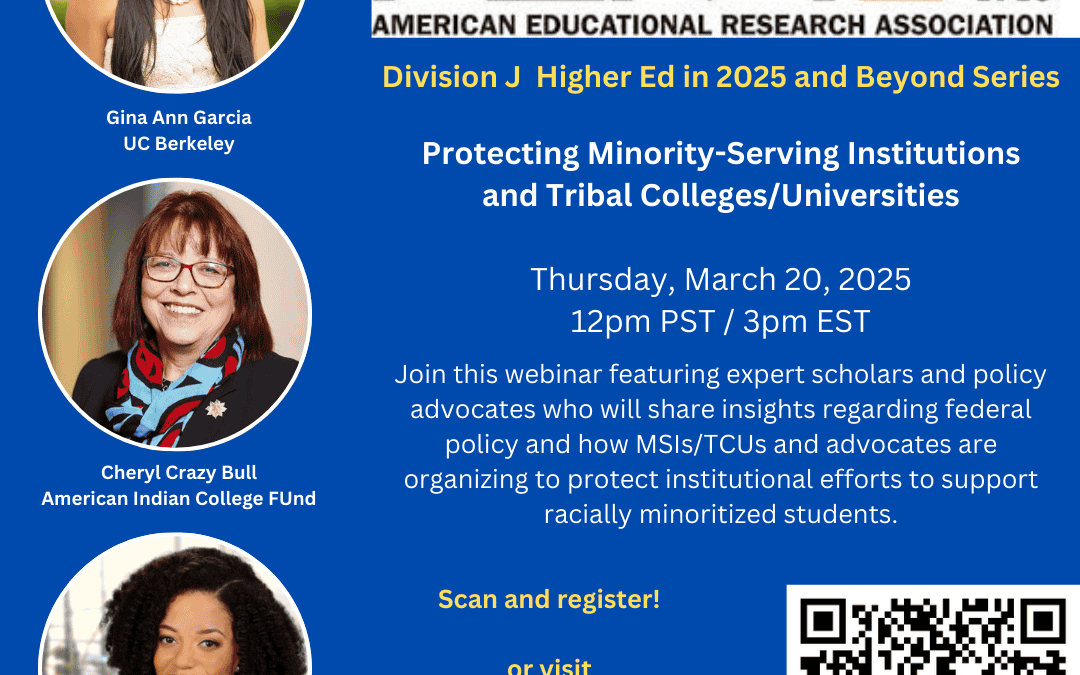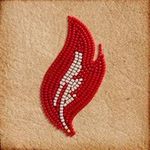May 5, 2012
 AT&T contributed $15,000 to the American Indian College Fund (the Fund), continuing two decades of supporting Native American students’ pursuit of higher education. The AT&T Tribal College Scholarship Program provides scholarships to students studying science, technology, engineering, mathematics and/or business at the nation’s tribal colleges and universities.
AT&T contributed $15,000 to the American Indian College Fund (the Fund), continuing two decades of supporting Native American students’ pursuit of higher education. The AT&T Tribal College Scholarship Program provides scholarships to students studying science, technology, engineering, mathematics and/or business at the nation’s tribal colleges and universities.
“AT&T is increasing the number of Native people with degrees in the science, technology, engineering, mathematics and business fields that are vital to the economic health of Indian tribes and the nation,” said Richard B. Williams, President and CEO of the American Indian College Fund. “Thanks to AT&T, our students will have the opportunity to live more productive lives as a result of a college education, and their skills and expertise will also benefit their families and Native communities.”
About Philanthropy at AT&T
For 28 years, AT&T and the AT&T Foundation have been committed to advancing education, strengthening communities and improving lives. Through its philanthropic initiatives and partnerships, AT&T supports projects that create learning opportunities; promote academic and economic achievement; and address community needs.










